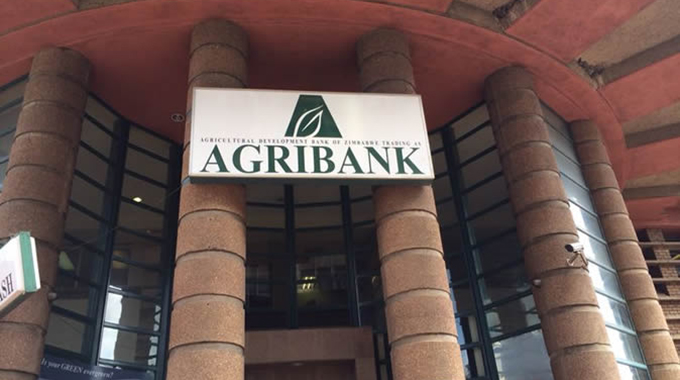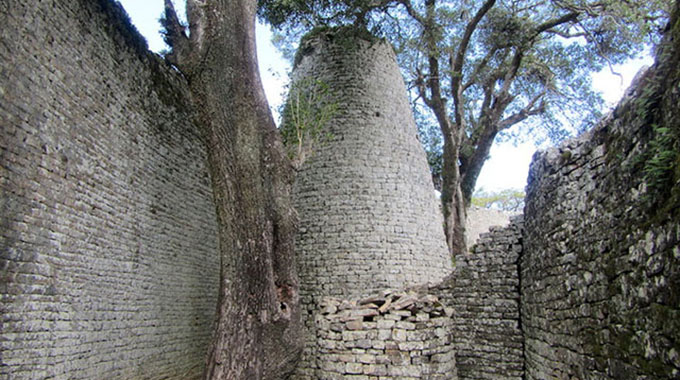Stylish trends colour traditional weddings

Talent Gore Lifestyle Writer
In the past, the day of lobola payment was exciting for the families and friends of the couple at the centre of the ritual.
Tension, drama, joy and feasting was expected. The groom and his companions would generally turn up in formal attire in order to prove that they were people of substance to their new in-laws.
But the occasion was certainly not a big style affair. The real deal was always going to be the white wedding and everyone reserved their best for the showcase.
Even though most couples hold on to the white wedding, the traditional wedding has taken centre stage in recent years.
Couples feel strongly that wearing these matching traditional attires and having a lobola squad wearing similar outfits as the ones getting married is a necessity because there is a desire to make a statement on that day.
The African renaissance has once again hit the local scene and turned the traditional wedding into big day in its own right, not a hurdle to be gotten out of the way before the actual wedding.
Wearing an African attire, with those big stylish Nigerian head gear; an enormous buffet; a tiered cake and dancing the night away — is fast becoming a way trend during lobola ceremonies in Zimbabwe.
The lobola ceremony has come into its own, as everyone vies to have the most talked about day, just like for the white wedding.
People are now going way out on their “roora day”, they prepare for the day the same way they prepare for a wedding.

Anesu and her squad during her lobola ceremony
“I had a theme for my roora day, and my theme was sunflowers, being team extra as previously mentioned I started planning right away after my traditional proposal in November,” said Anesu Joyce Dahwa Tsanga.
“Girls had African print earrings, headwraps and shoelaces with all black, I am a naturalist so I rocked my natural hair and I asked my girls to do the same as well
“The vibe was amazing, with great music from the DJ and the food even better, we cooked for our in-laws ourselves and they loved it.
She added: “I also had a roora cake done with a personalised cake topper which I will keep as a memento of the beautiful day. It was everything I had pictured and more, and the photographer exceeded my expectations in capturing the special moments.”
Tsanga said she noticed that our roora tradition is transforming into something colourful.
“I’m really noticing that we have become more proud of our roora culture and it is becoming more colourful and festive.
“Brides nowadays, due to social media influence mostly, are interested in how they can make their day special and unique at low cost, creativity is growing as well and it’s fun to be surprised by the different elements that people are bringing in.
“Traditional brides are now wearing makeup, styled hair and lovely dresses for themselves and their close sisters or friends, with a photographer for a formal shoot at the least.
“I had a lot of people saying to me ‘was that a roora ceremony or white wedding?!’ It’s exciting to watch our roora trends in the past year or so and I have a feeling with time we will soon phase out the white wedding and just go all out with our own traditional weddings,” she said.
Such ceremonies, because of the fashion aspect that has crept in, are no longer as rigid, and binding as they used to be in the past, when it was a must for the representatives from the man’s side to be always dressed in “stifling” formal attire with the jacket and tie being the accessories not to leave out.
“Gone are the days when people only shopped for wedding dresses. I am happy that I am doing attires for the bride-to-be. The Shona Ankraa is the in-thing. People now have a uniform at lobola ceremonies. It will be more like a wedding.
“The event itself will also be colourful, hence it will be themed. Zimbabwe is moving with the times and I am happy with that,” said one designer who didn’t want to be named.
The designer is known to have crafted dresses and garments for most influential personalities in the country.
The couple that will be getting married now goes to the extent of taking clothes sizes of all the people who will be involved in the formalities and then order a tailor to prepare traditional African attire for everyone.
The couple chooses their colour themes and motives.
The trend was probably popularised by the Nigerians who are known the world over for their particularity with traditional dress, which is everything to them just like the air they breathe.
“This helps in solidifying your identity as African people, since dress is also a statement of who you are and where you come from. It is encouraging to note that people are gradually beginning to embrace traditional attire as an important part of who they are and there is no better place and time of being seen donned like that than before your in-laws,” noted one Agnes Simon of Hatcliffe.
Andy Tendai Muzhona said the trend was good unlike adopting the European way of doing things.
“That’s a good trend, it’s a lot closer to home than wearing suits and gowns, we are not necessarily adopting the Nigerian culture but it’s our culture as well as Africans, it’s not only the Nigerians who wears these traditional regalias, Ghananians, Tanzanians also wear them,” he said.









Comments